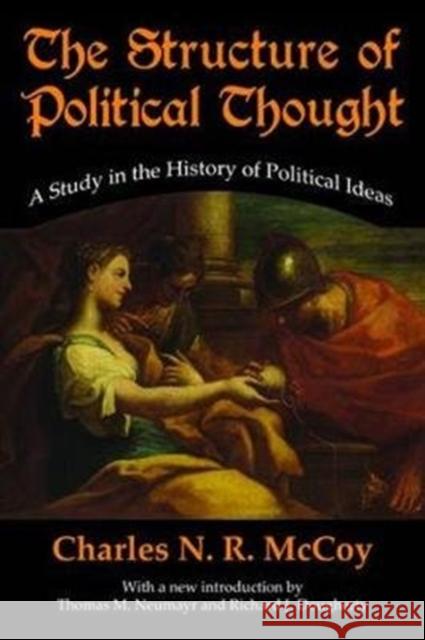The Structure of Political Thought: A Study in the History of Political Ideas » książka
topmenu
The Structure of Political Thought: A Study in the History of Political Ideas
ISBN-13: 9781138538931 / Angielski / Twarda / 2017 / 258 str.
The Structure of Political Thought: A Study in the History of Political Ideas
ISBN-13: 9781138538931 / Angielski / Twarda / 2017 / 258 str.
cena 778,85
(netto: 741,76 VAT: 5%)
Najniższa cena z 30 dni: 730,42
(netto: 741,76 VAT: 5%)
Najniższa cena z 30 dni: 730,42
Termin realizacji zamówienia:
ok. 22 dni roboczych.
ok. 22 dni roboczych.
Darmowa dostawa!
Originally published in 1963, this classic book is a rethinking of the history of Western political philosophy











